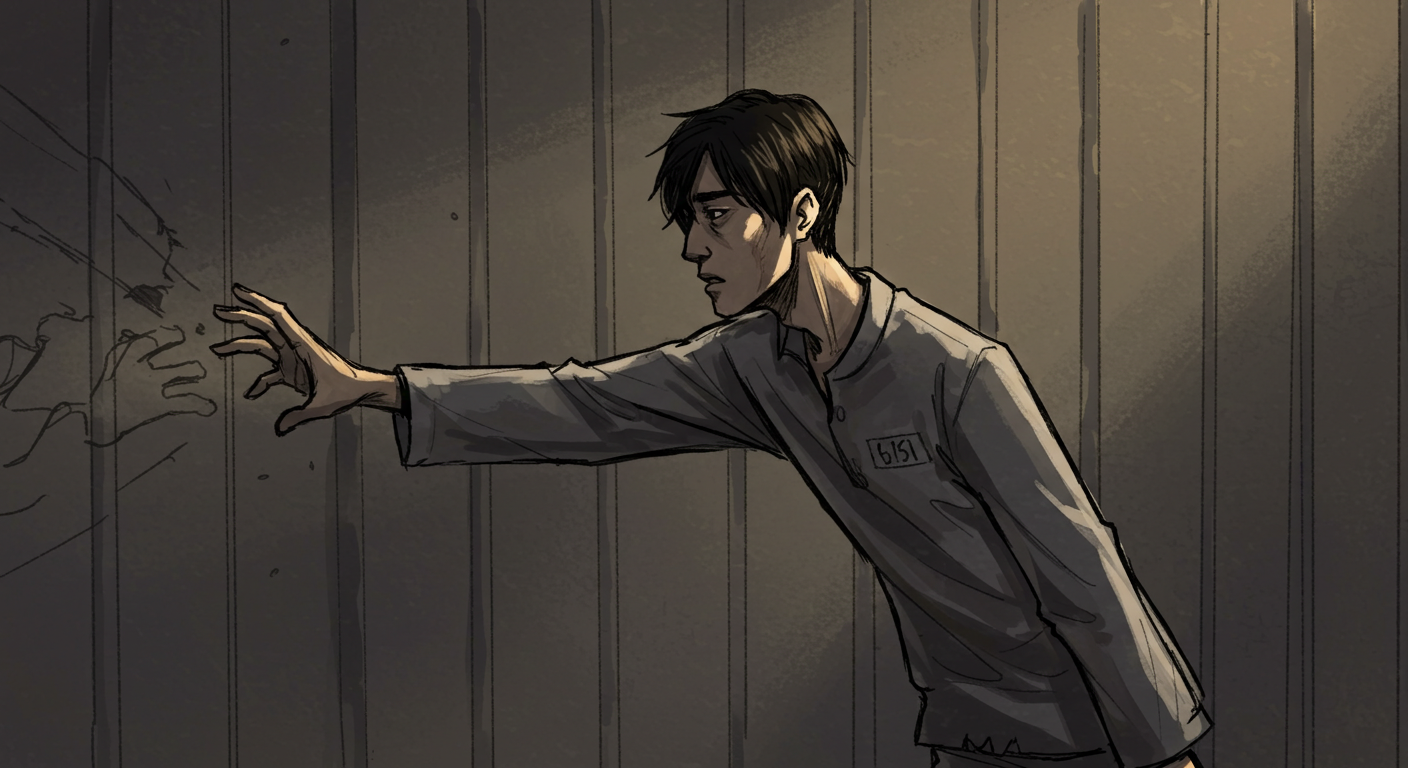The Elusive Nature of Cooperation
Published 12.22.2024

The Prisoner's Dilemma, a seemingly simple game-theoretic construct, unveils a profound and disquieting truth about human nature and perilousness of cooperation. It presents a stark challenges to the assumption that rationality necessarily leeds to a collective well-being. Embarking on a journey to understand this dilemma confront the complexities of self-interest, the fragility of trust, and the quest for solutions to the conflict between individual advantage and shared prosperity.
Defining the Prisoner's Dilemma
At its core, the Prisoner's Dilemma presents a scenario between two individuals, each suspected of a crime and held for interrogation by law enforcement. They are offered a deal with three possible outcomes. Case 1: prisoner A confesses and implicates prisoner B while prisoner B remains quiet. Prisoner A is set free and prisoner B is given a harsh sentence (or vice versa). Case 2: Both prisoners remain silent and are given a light sentence. Case 3: Both prisoners confess and are given a moderate sentence. From the perspective of prisoner A, the most logical decision would be for prisoner A to confess, as if prisoner B remains silent, then prisoner A would be set free. If prisoner B confesses, then prisoner A would only be given a moderate sentence. From this, arises 3 key terms which will be later mentioned. "cooperation" (remaining silent, leading to better outcome), "defection (confessing, prioritizing individual gain) and "rationality" in the sense that regardless of the other prisoner's choice, the rational choice would be to defect, leading to suboptimal outcomes for both prisoners.
The basic framework has established numerous theories. Game theory itself provides the foundation for understanding these interactions. The concepts of Nash equilibrium - a state where no player can improve their position by unilaterally changing their strategy and Pareto efficiency - a state where no indvidual can be made better off without making at least one opposing individual worse off - are crucial. The Prisoner's Dilemma demonstrates a conflict between these two states, the rational Nash equillbrium is not Parito efficient.
Implications and Paradox
Evolutionary biology also provides an additional lens. Traditionally, "selfish genes" suggests that natural selection favors traits that benefit the individual's success, even if those traits are detrimental to the population as a whole. In this view, defection can be seen as biologically "programmed" into individuals.
The Prisoner's Dilemma is not merely a theoretical puzzle but a lens through which to view societal ch allenges. From environmental issues to climate change, where collective action is crucial yet individual restraint is difficult, to international relations and arms races, the temptation to defect for immediate advantage often jeopardizes collective long-term interests. The parodox lies in how to build systems of trust and cooperation. The tension between short-term gains and long-term benefits is displayed, showing an inherent conflict between narrow-self interest and the collective good.
Potential solutions are often less about eradicating the dilemma than about mitigating its impact. Concepts such as social norms and contracts make cooperation more appealing. Communication and transparency can also foster trust. However, even within these attempts remain unresolved questions. How do we establish shared norms when perspective and interests diverge? How do we deal with the free-rider problem, where some individuals benefit from the collective cooperation of others without contributing? What level of monitoring and enforcement is necessary without becoming overly oppressive? The dilemma exposes a persistent struggle between the competing ideals of individual freedom and collective responsibility.
Conclusion
The exploration of the Prisoner's Dilemma reveals a complex interplay of game theory, evolutionary biology, and moral philosophy. It serves not as a definitive answer about human behavior but rather a framework for understanding the challenges we face in achieving cooperation. The journey thorugh the labyrinth of self-interest is on going, prompting us to examining assumptions, refining models, and continuously striving for solutions that match our individual needs with the common good. The Prisoner's Dilemma stands as a reminder of the fragile nature of cooperation and the constant need to nacigate the complex terrain of human interaction with caution and insight.